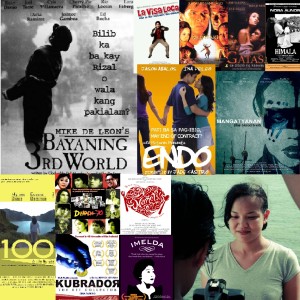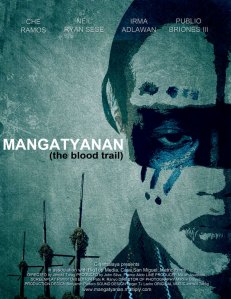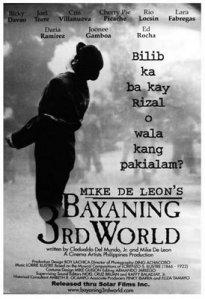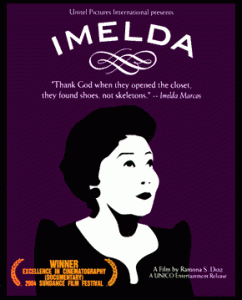RE de Leon resigned as an Assistant Professor of Development Communication at UP Los Baños four years ago. To “find himself.” This series is put together material from some of his personal notes during that time. He hopes readers of Words from the Land of Juan will find it at least informative, or if the reader is a young development communicator perhaps able to offer some practical help. This article is the first of three parts. RE de Leon can be reached at isangboses@gmail.com
So. How do you make your living as a “development communicator”?
Ask a development communicator that question and watch him/her squirm.

(Wikimedia Image: The transmitter of Radyo DZLB (1116 AM), "Ang Tinig ng Kaunlaran" in Los Baños, Laguna, owned and operated by the University of the Philippines Los Baños - College of Development Communication.)
If you ask what a Development Communicator does, there’s a quick answer: “We use communication to create positive social change.”
Followed by a quick example, that answer will usually satisfy the inquirer’s curiousity. Either that, or s/he gets scared of asking further lest s/he get a lecture for her efforts. (And unfortunately, that’s usually what happens.)
On occasion, however, someone will ask a Development Communicator a follow up question like.“Wow, communication for social change sounds heavy. How do you make a living out of that?”
To be a DevCom graduate is to take pride in being able to explain things succinctly, so development communicators often find themselves tearing their hair off in search of a quick, simple answer.
***
But that’s because it ISN’T simple.
DevCom is a very wide field with several different, sometimes conflicting approaches to the practice.
If you understand those approaches, explaining “how you can make a living by doing “communication for social change” becomes much simpler.
***
The confusion stems from the fact that people tend to organize their understanding of Development Communication in terms of media, rather than professional philosophy.
***
Mass Communication, the communication course people think of when they hear “communication,” organizes its majors in terms of Print, Broadcast, and AudioVisual media because that course focuses on giving its graduates a technical proficiency in those specific communication tools.
And people tend to think of DevCom as similar to MassComm, so it makes sense that when people try to grasp the concept, they try to organize it along similar lines.
But Development Communication is supposed to be focused on how you can use communication (including, but not exclusive to media) to help make development happen.
MassComm is focused on tools, DevCom is focused on applications.
***
It doesn’t help that the the various institutions that teach DevCom in the Philippines have majors that are set up that way… Not that I’m blaming the schools. Academic fields are difficult to organize, the process takes time, and can be very contentious. Perhaps in a later I’ll talk about DevCom curricula, but on a different more DevCom-specific blog, since thelandofjuan caters to a much broader audience.
***
Whether you’re starting off your career in DevCom, trying to reevaluate your place in the field, or curious about the profession for some reason, it would be helpful to understand the broad approaches or work philosophies of the field
I’m looking forward to a career shift myself, so I’m spending some time reexamining these different philosophies and thought I’d share.
For a moment, let’s forget the tools (Media), and let’s identify the ways communication is most often applied to the challenges of development:
1. Strategic communication in Development Programs (Strategic Communication)
2. Communication applied to Science (Science Communication)
3. Communication applied to Education (Educational Communiation)
4. Communication used to promote cultural awareness (“Cultural Work”)
5. Empowering Communities through Communication (Community Communication)
Each of these can take you to vastly different career experiences. For example, strategic communication especially tends to present more lucrative options with grater stability. Community communication tends to be much less lucrative, but often offers its practitioners a great deal more independence.
***
I have to break off here, but tomorrow I’m going to follow this post up soon with a brief look at each of these different approaches. And then hopefully I can close the series up with a historical look at how the profession became what it is today.
I also want to talk about Typhoon Juan, so I’ve got a lot of writing ahead of me. Call it penance for not having posted for so long.
See you tomorrow!
-30-





